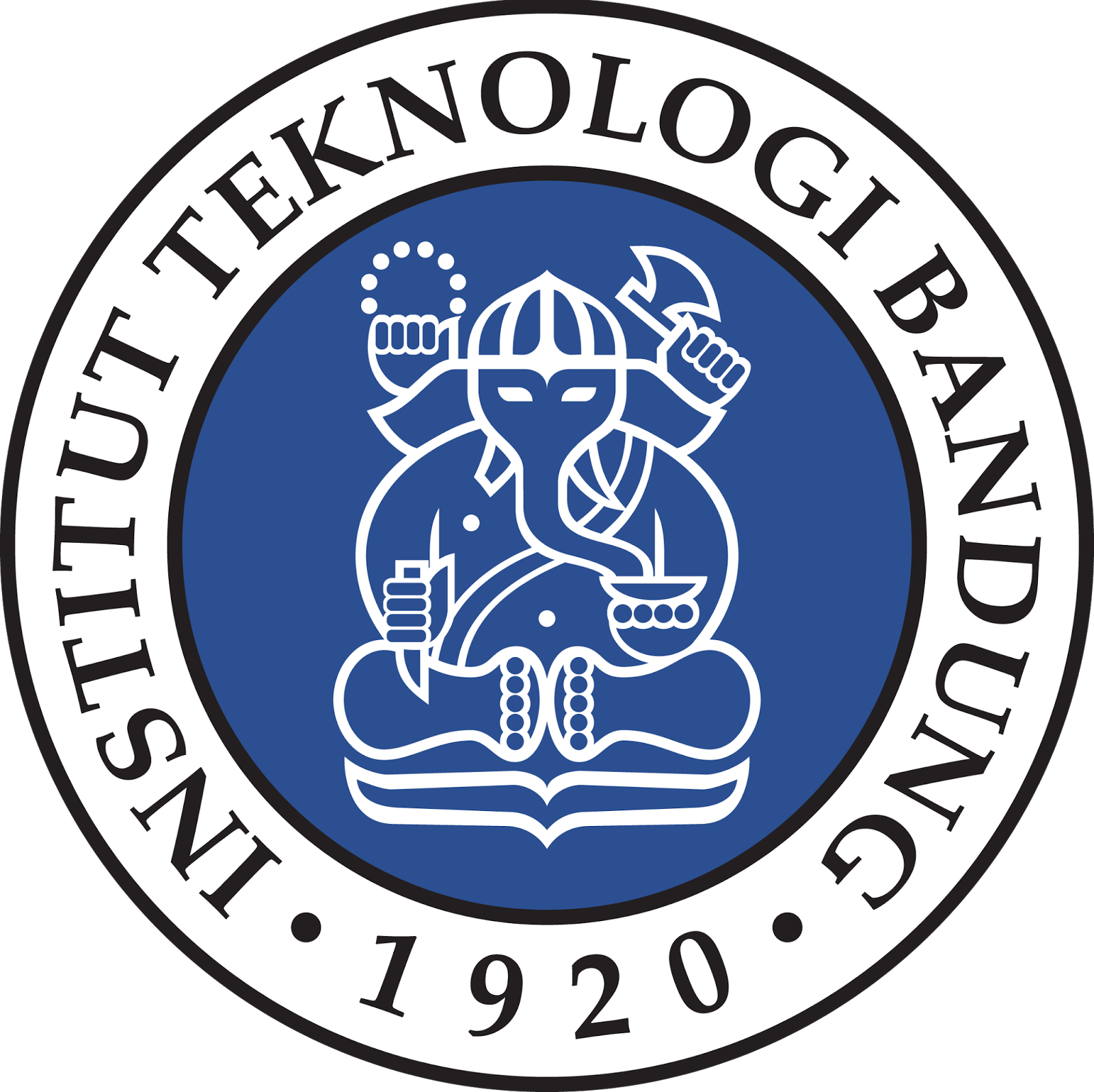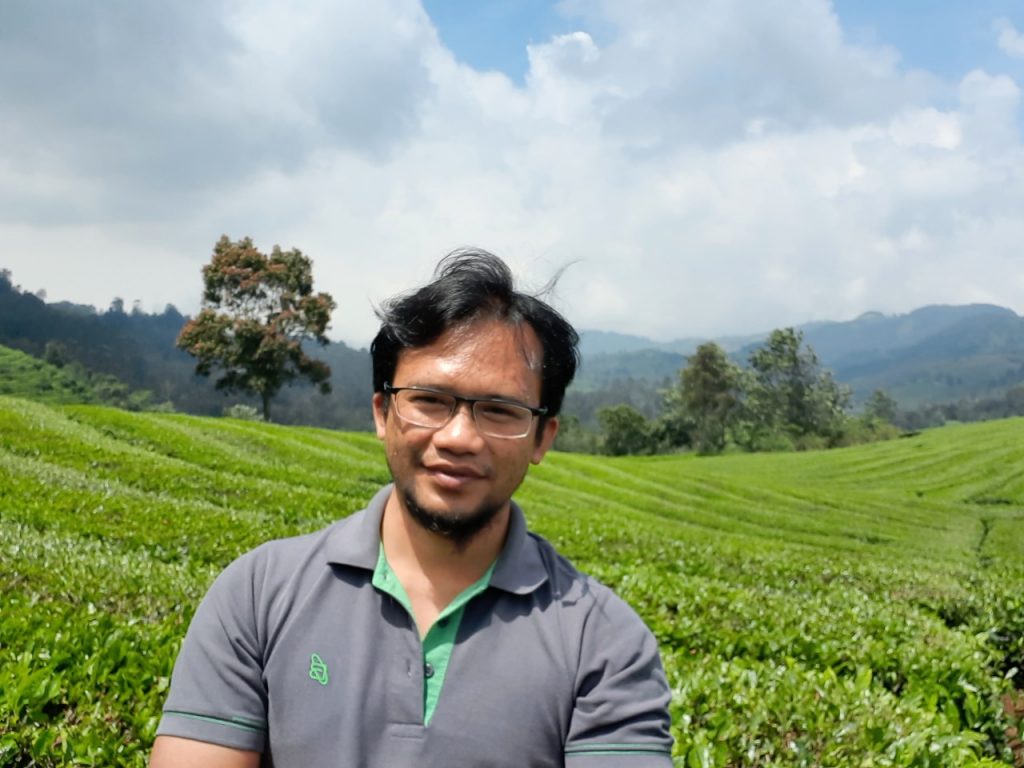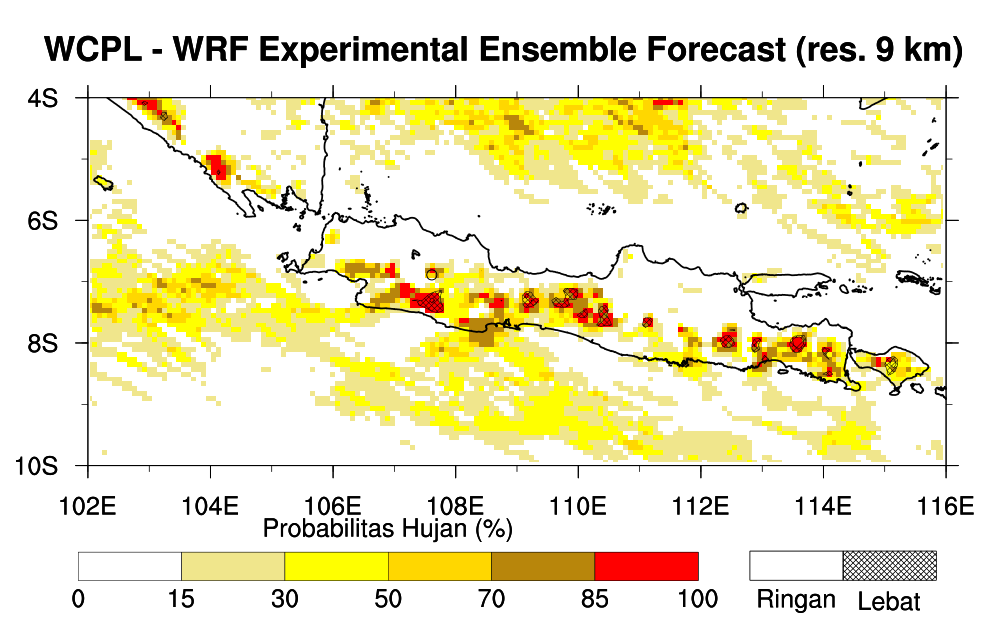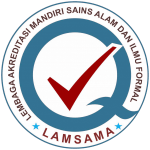Welcome!
The Undergraduate Program in Meteorology ITB was established to develop the capability of Indonesian human resources in the field of meteorology. To that end, the program focuses on teaching atmospheric science related to the physical properties of the Earth’s atmosphere and the dynamic processes in it; specifically examines the weather and climate processes in Indonesia and their relation to extreme conditions and global climate change, and develops research in the field of science and technology applications for weather and climate observations and predictions, and management of water resources and the atmospheric environment to support environmentally sound and sustainable national development .
Currently, there are four major challenges that are the focus of teaching and research in the Undergraduate Program in Meteorology during 2020-2030:
1. Hydrometeorological disasters. The country of Indonesia is very vulnerable to hydrometeorological disasters such as floods, landslides, strong winds and droughts, as well as collateral disasters as a continuing impact in other fields such as health and environmental damage. A detailed understanding of the characteristics of the weather and climate causing the disaster needs to be studied to reduce the risk of disasters that may arise.
2. The development of the science and application of meteorology. The thinking of new concepts and the development of meteorological science and technology is developing rapidly, especially in the observation and analysis of very large data, modeling and prediction of weather and climate, and climate change. The development of the industrial world also does not escape the need for meteorological science and applications. Therefore, the meteorological science taught must be able to follow the development of meteorological science and technology and meet industrial needs.
3. Environmental damage. Humans are one of the most active components of the climate, causing environmental problems that have an impact on weather and climate conditions. Population growth, and excessive exploitation of natural resources, have a very significant impact on environmental quality degradation. Thus, a Meteorologist besides having to have insight into the environment is also able to provide recommendations and management to solve the above problems, especially those related to the atmosphere and hydrosphere.
4. Renewable energy. The current energy crisis and the growing awareness about environmentally friendly development have led to greater efforts to optimize energy resources in all sectors. Therefore, the need for renewable and environmentally friendly energy sources such as solar, wind and hydro energy is increasing. The study of potential new renewable energy sources is closely related to the science of Meteorology.
The challenges above are important to be answered and resolved for the sake of a better survival for the people of the world and Indonesia in particular. This can all be successful with the support of human resources. For those who are interested in meteorology or its applications, we will be waiting for you at ITB to be able to take part in solving the challenges above!
Bandung, January 2020
Head of the Undergraduate Program in Meteorology
Dr. Edi Riawan
Dr. Edi Riawan
Head of Meteorology Study Program, Faculty of Earth Science and Technology






